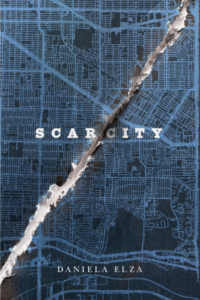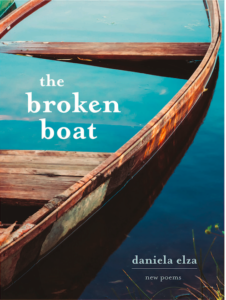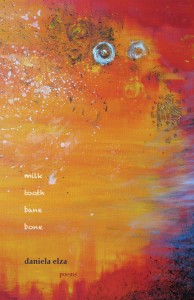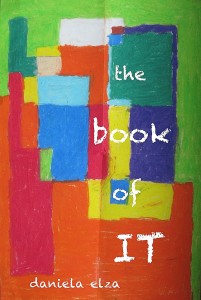to the perplexed, and our maps
Posted by Daniela Elza on May 24 2008
I am curious about the sanity of my perceptions, or yours for that matter, and the soundness of our maps. I have not read E. F. Schumacher’s A Guide to the Perplexed, but I gather I am one of those perplexed.
Neil Evernden addresses some of this in his book The Natural Alien: Humankind and the Environment. He hits the nail on the head for me when he says:
“And when it becomes impossible to reconcile one’s personal experience of the world with the official account one’s resulting behaviour is certain to appear abnormal or even revolutionary.”
Reconcile is a good word, because there seems to be a constant negotiation going on. And if the maps are roughly matched we go on living our lives roughly content.
It is when the discrepancies become too big that there is a flood, like the flood in Pilgrim at Tinker Creek by Annie Dillard.
Yet, as Evernden says (I have held this belief through out my academic and non-academic life) that even the social maps we have right now came out of someone’s personal experience/map. So it is perplexing that one’s personal maps are not as official or acceptable as the societal maps, but those societal maps have come from one’s personal maps. What happens to these maps once they enter the social realm? Do they get picked apart, abstracted and abstracted until… I do not want to explore that process here, I am sure a few translations here and there and stripping of the personal out are necessary to make an experience/view/map “acceptable.”
“The societal maps that Schumacher challenged are tracings from Descartes’ original, a map which excludes concrete experience of the world in favour of abstraction” (Evernden, p. 54).
Abstraction is when we detach ourselves from our experience. It becomes pretty concrete if our experience grounds it. But it remains abstract if there is no experience to ground it in. Where is our meaning then?
A metaphor that comes to mind is one of dried peppers: good for storage, but you have to reconstitute them to make them useful and edible. So, my sense sometimes in the academic environment is that we have committed to chewing on dried shitake mushrooms, and dried red peppers, but consider the reconstitution part unnecessary. Yet, that is where the taste is, and the meaning.
Annie Dillard in Pilgrim at Tinker Creek, offers us a personal map, a map we can follow, a map that incorporates other’s personal maps (in the form of her reading and research reconstituted), and a hospitable map that invites one to follow.
“Aesthetics is a way of being, a stance toward the world, an aesthetic experience requires a relationship between a seeking subject and a responsive world” (Evernden, p. 54).
Ok, to go back to our friend Decartes’ who (yes, has done a lot to get us here, whatever it is you consider here to be) said: I think therefore I am. He gave us a key, and as far as I am concerned is encouraging us to do our thinking. He has certainly done his. Why do we not take his advice? Is it poor interpretation or translation that limits our understanding of this simple concept?
Doing my own little translation here, where I would take Evernden’s aesthetic experience of the seeking subject, and Robert Bringhust’s line, “Thinking is the blood around the heart,” Decartes’ statement seems bearable. Actually it is telling me something very profound:
Thinking is an aesthetic experience which requires a relationship between a seeking subject and a responsive world.
Annie Dillard is thinking, Decartes is thinking, you are thinking, I am thinking. This is our world, not Decartes’. He cannot do our thinking for us, and he probably will be disgusted with us for not practicing our thinking, but just acquiring other’s thinking. No matter what he thought, it was the act of thinking that he was sure about. He told us so.
So when what we truly care about is not on our societal maps, and we feel more and more detached, and more and more alienated, what do we do? Society is a convenient fiction that we subscribe to so that we can live in it. But we forget it is a fiction. Because what truly exists is you and me, and what we care about. Everything on those maps was put there by someone. And if we do not do our thinking and placing of what is dear to our hearts on those maps, these landmarks, locations, markers disappear. Let us put our thought marks on the maps we share. So that we remember and sustain what we truly care about. And when someone refers to you as a “filed of care” they will not be so far off the mark.





